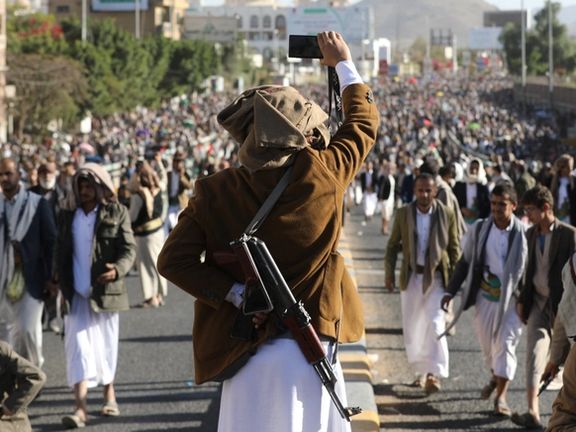The revelation comes as the captain and three other men from the dhow are due to appear in a federal court in Virginia on Tuesday.
The vessel was intercepted by US naval forces in January in the Arabian Sea amid continuing Houthi attacks on shipping in the region. Two American Navy SEALs drowned in the operation.
The captain, Pakistani national Muhammad Pahlawan, refused to slow the ship when the US Navy began its boarding attempt.
Instead he “shouted for the crew to burn the boat before the Navy could board it,” according to court documents filed in the federal court in Richmond.
Upon searching the vessel, US forces seized Iranian-made weaponry consistent with Houthi attacks, marking the first confiscation of such weapons since the current series of attacks on shipping began in November.
“Initial analysis indicates these same weapons have been employed by the Houthis to threaten and attack innocent mariners,” an FBI agent wrote, quoting Central Command.
Crew members were in communication with a member of Iran’s Revolutionary Guard via satellite phone, according to the FBI.
Pahlawan and the other crew membesr, Mohammad Mazhar, Ghufran Ullah, and Izhar Muhammad, face charges of attempting to smuggle missile components and providing false information. They are accused of misleading authorities about the ship's origin and cargo.
Prosecutors are expected to push for their detention without bond.
Their legal representatives have yet to comment on the case. A further 10 crew members are being detained as material witnesses under federal law.
Iran sponsors the Houthis, providing funding, weapons, and even direct support on the ground. While Iranian officials claim the Houthis operate independently, recent events suggest Iran can influence their actions, as seen in Syria and Iraq.









